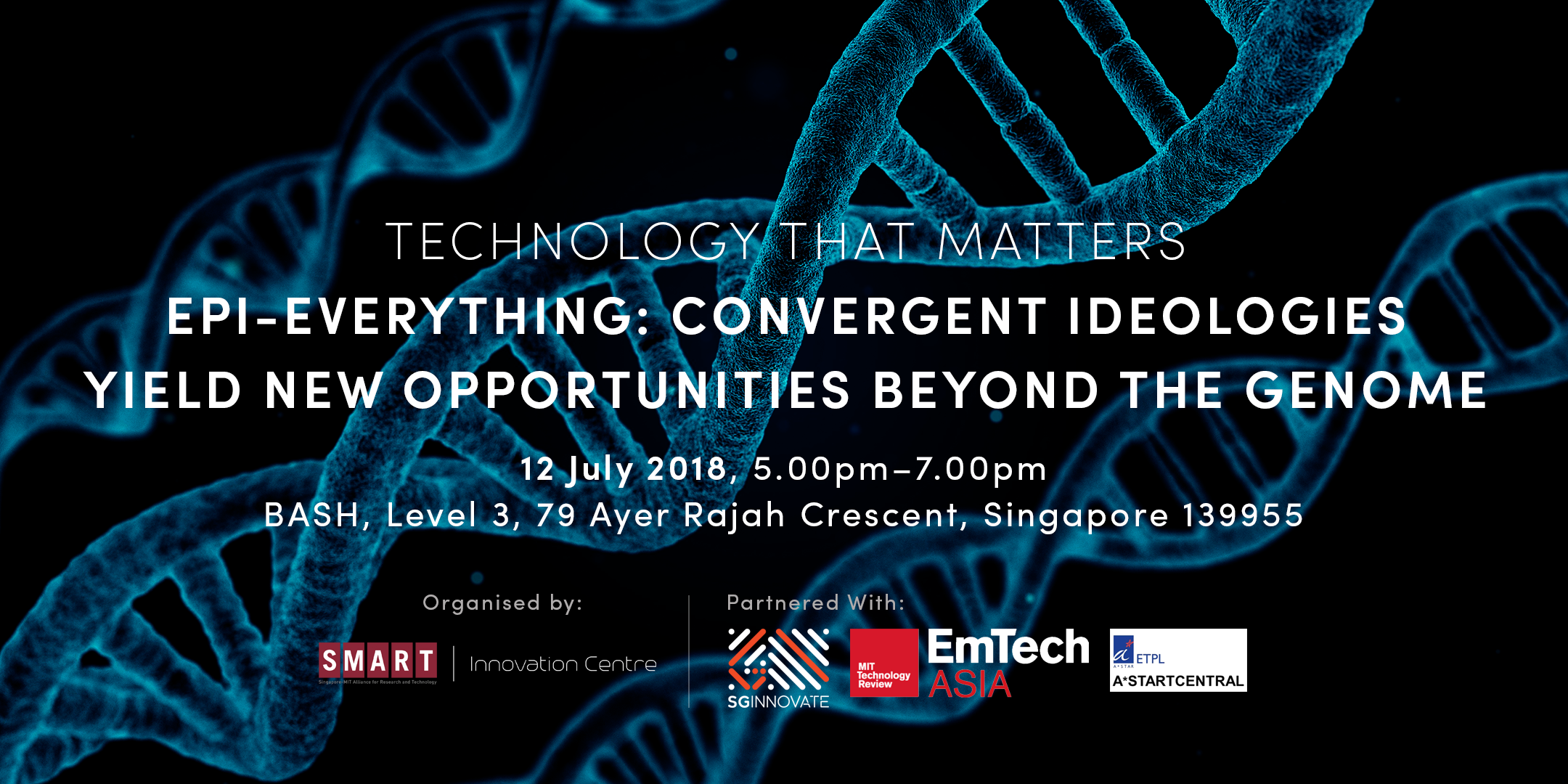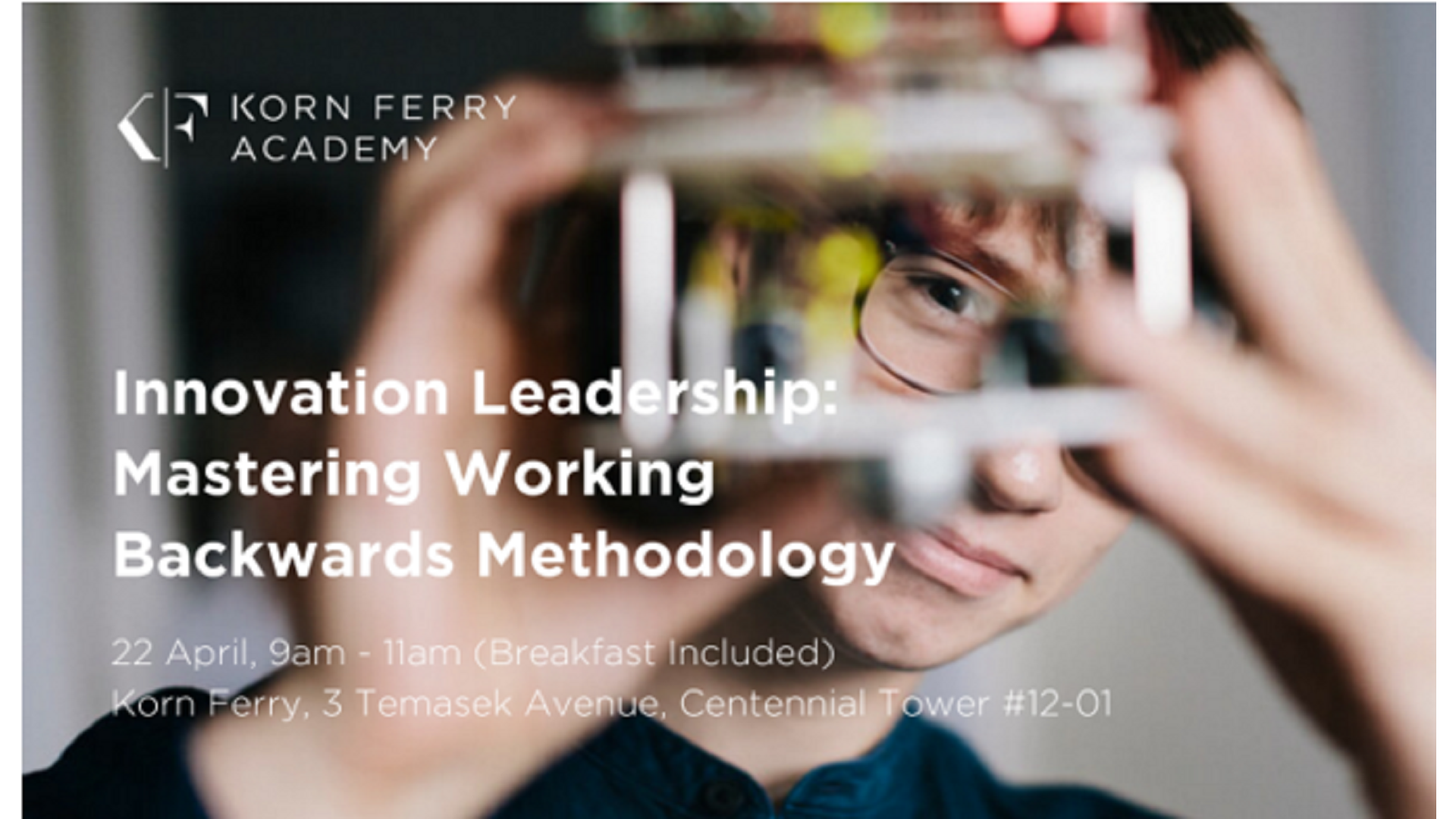Overview
Humans are defined by the set of ~20,000 genes that comprise the genome, which is often viewed as a human parts list the “what†of molecular biology. The central dogma of molecular biology then describes “how†these genes are expressed: they are transcribed into messenger RNAs that are translated into proteins. But it says nothing about the “when†or “how much†of gene expression.
New convergent technologies the many ‘omics tools have uncovered information-rich scheduling systems for gene expression, systems involving dozens of chemical modifications of DNA and RNA -- the epigenome and epitranscriptome. Why does this matter? The information contained in the epigenome and epitranscriptome has the potential to transform the development of DNA- and RNA-based therapies by >200 companies, as well as the protein manufacturing and biotechnology industries. This brief presentation will highlight the importance of just about epi-everything.
Date: 12 July 2018
Time: 5:00pm 7:00pm
Venue: BASH, Level 3, 79 Ayer Rajah Crescent, Singapore 139955
Programme:
5:00pm 5:30pm: Registration
5:30pm - 6:15pm: Epi-everything: Convergent technologies yield new opportunities beyond the genome with Q&A
6:15pm 7:00pm: Networking Session
Speaker: Peter Dedon

Building on MD-PhD training in cancer pharmacology, Pete Dedon's research program applies chemical approaches to understanding nucleic acid biology. Pete is currently the Underwood-Prescott Professor in the Department of Biological Engineering at MIT, Lead Principal Investigator in the Singapore-MIT Alliance for Research and Technology (SMART) Antimicrobial Drug Resistance Program, a founding member of the Chulabhorn Graduate Institute in Bangkok, and a member of the MIT Center for Environmental Health Science.
His research group has developed a variety of analytical and informatic platforms for discovery science in epigenetics and epitranscriptomics in infectious disease and cancer. One platform coordinates comparative genomics, SMRT sequencing and mass spectrometry to discover novel epigenetic marks, such as the recent discovery of phosphorothioate and 7-deazaguanine modifications in bacterial and bacteriophage genomes in the human microbiome.
In the realm of epitranscriptomics, his team has applied systems-level analytics to discover a mechanism of translational control of cell response in eukaryotes and bacteria involving site-specific reprogramming of tRNAs and an alternative genetic code. Pete's research groups at MIT and in Singapore are leveraging these discoveries to develop new enzymatic tools for biotechnology, new methods for industrial microbiology and protein production, and novel antimicrobial agents in screening- and structure-based drug discovery programs.






